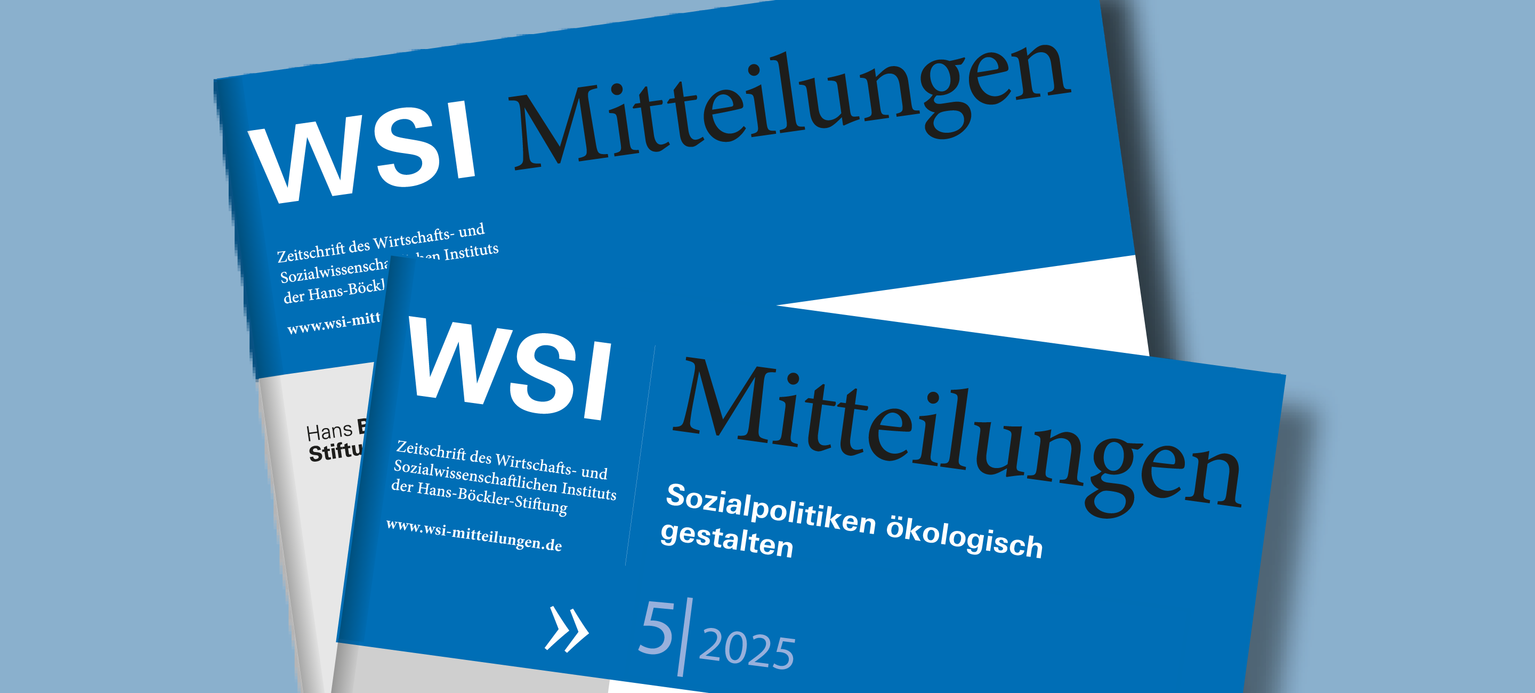Becker, Irene / Fischer, Torben / Held, Benjamin / Rüppel, Moritz : Ökologisch orientierte Grundsicherung. Ansatzpunkte und deliberative Fundierung
DOI: 10.5771/0342-300X-2025-5-345
Seiten 345-353
Zusammenfassung
Die deutsche Politik adressiert in der ökologischen Transformation bislang vor allem mittlere und höhere Einkommensgruppen. Diese tragen zwar überdurchschnittlich zum CO₂-Ausstoß bei, verfügen aber auch über größere Spielräume zur Umstellung ihres Lebensstils. Für untere Einkommensgruppen, insbesondere für Beziehende von Grundsicherung, fehlen hingegen Konzepte, wie ein klimaverträgliches Leben ohne weitere Einschränkungen sozialer Teilhabe möglich ist. Vor diesem Hintergrund skizziert der Beitrag das Konzept eines ökologisch orientierten Existenzminimums, das soziale und ökologische Anforderungen miteinander verbindet. Aufbauend auf einer kritischen Analyse der bisherigen Regelbedarfsermittlung wird die etablierte Statistikmethode weiterentwickelt und um eine deliberative Komponente ergänzt. Es wird vorgeschlagen, dass in Fokusgruppen-Workshops normative Setzungen zur Höhe und ökologischen Ausrichtung der Bedarfsermittlung partizipativ diskutiert und fundiert werden, wobei die gesellschaftliche Mitte als Ankerpunkt dient. Dies ermöglicht eine gesellschaftlich legitimierte Bestimmung von Mindestbedarfen.
Schlagworte: Grundsicherung, Nachhaltigkeit, Lebensstandard, Lebensqualität, Regelbedarf
Abstract
In Germany’s ecological transformation, policy measures have so far primarily targeted middle- and higher-income groups. While these groups contribute disproportionately to CO₂ emissions, they also have the means to adapt their lifestyles in more sustainable ways. In contrast, there is a lack of adequate policy concepts for lower-income groups, particularly those receiving basic income support, that would enable them to live a climate-friendly lifestyle without further restricting social participation. This article proposes the idea of an ecologically oriented minimum subsistence income that considers both social participation and ecological sustainability. Based on a critical review of existing methods for determining minimum income requirements, the established statistical model is refined and expanded by incorporating a deliberative component. Focus group workshops are proposed to enable participatory discussion and justification of the normative assumptions underpinning the level and ecological orientation of the needs assessment, with middle-income groups serving as a reference point. This allows for the socially legitimate determination of minimum needs.
